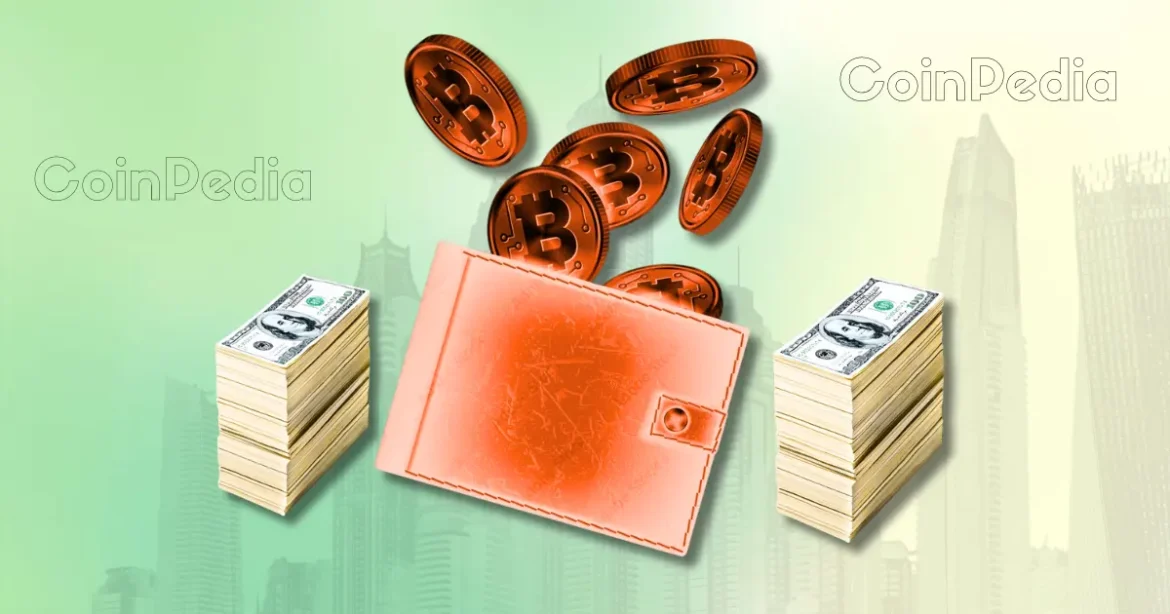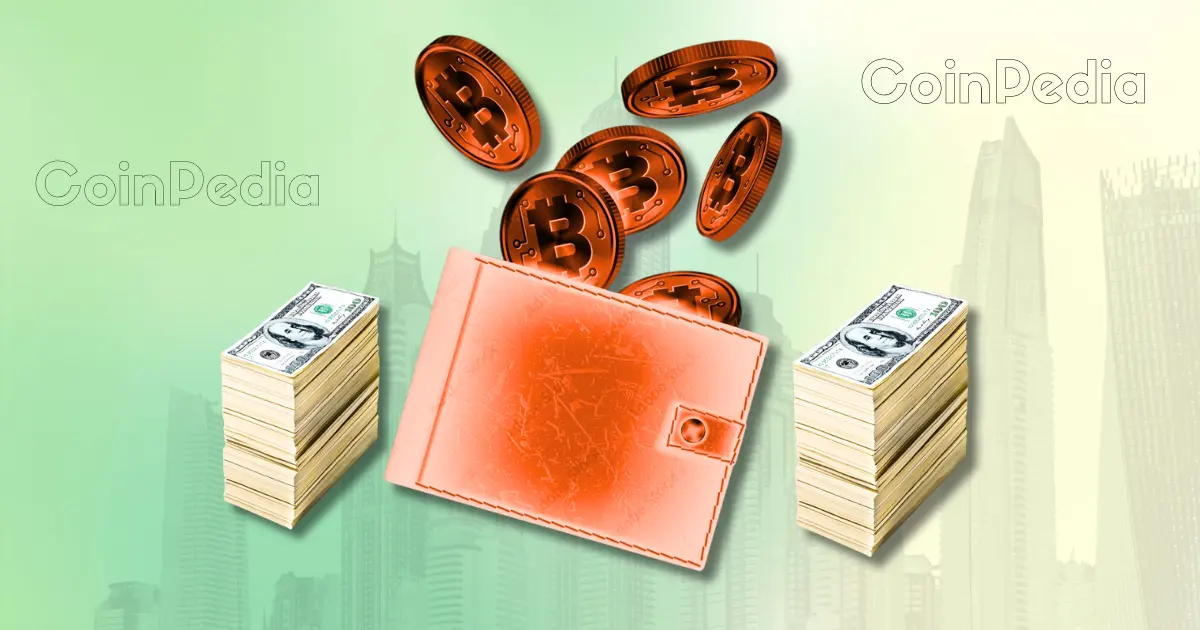Dubai has recently made groundbreaking advances in the realm of real-world asset (RWA) tokenization, setting the stage for a transformative shift in investment, trading, and ownership of tangible assets—particularly real estate—through blockchain technology. This report delves into the current developments, regulatory framework, market dynamics, and implications of Dubai’s pioneering efforts to legalize and operationalize RWA tokenization and secondary market trading.
Unlocking Real-World Asset Tokenization in Dubai
Tokenization refers to the representation of physical or real-world assets as digital tokens on a blockchain. This process enables fractional ownership, greater liquidity, transparency in transactions, and global access to investment opportunities that were traditionally illiquid or limited to high-net-worth individuals.
Regulatory Breakthrough: VARA’s Updated Framework
Dubai’s Virtual Assets Regulatory Authority (VARA) has updated its rulebook to legalize and regulate the issuance and secondary market trading of tokenized real-world assets. This regulatory clarity is a pivotal step, as earlier enthusiasm around RWA tokenization often lacked formal legal backing to enable widespread adoption.
– Issuance and Trading: The framework not only allows issuing digital tokens backed by real assets but also formally permits their listing on secondary markets, enabling investors to trade fractional ownership stakes seamlessly.
– Global Standard Setting: VARA’s regulation aims to establish Dubai as a global standard-bearer for asset-backed token issuance, including assets backed by fiat currencies, enhancing cross-border interoperability.
– Market Confidence: The clarified rules provide investors and issuers with necessary safeguards and compliance clarity, preparing Dubai’s market for robust growth.
Key Stakeholders and Market Pilots
Multiple market participants have jumped on this innovation wave. Dubai Land Department (DLD) has launched the region’s first real estate tokenization pilot program, making it the first Middle Eastern property registration authority to employ blockchain for property title deeds.
– MAG and MultiBank Group Partnership: In a landmark agreement, MAG, a leading real estate developer, partnered with MultiBank Group and blockchain innovator Mavryk to tokenize $3 billion worth of real estate assets, creating the largest RWA tokenization project globally to date.
– Tokinvest: This Dubai-based regulated marketplace became the first company to obtain a full market license from VARA for RWA token trading, aiming to democratize asset investment.
– Future Now and Other Platforms: Several blockchain platforms have developed infrastructure to enable tokenized real estate ownership, offering fractional stakes and enabling liquidity through digital marketplaces.
The Transformative Potential of Tokenization
Tokenization is poised to revolutionize the asset management landscape in the UAE and beyond by unleashing multiple benefits:
1. Fractional Ownership and Accessibility
High-value assets like prime real estate, which previously required large capital outlays, become accessible to investors with smaller budgets through divisible tokens. This expands participation to retail and global investors, diversifying and enlarging the investment base.
2. Liquidity and Secondary Markets
Traditional real estate investments are often locked for long periods with limited liquidity options. Tokenization combined with legal secondary market trading enables investors to buy and sell stakes more freely, enhancing price discovery and market efficiency.
3. Transparency and Security
Blockchain’s immutable ledger ensures transparent recording of ownership and transaction history, reducing fraud risk and increasing investor confidence. This also streamlines compliance and audit processes.
4. Innovation in Financial Products
Tokenization catalyzes new instruments like security tokens, enabling programmable contracts, automated dividend payments, and integrated compliance controls within digital ecosystems.
Challenges and Considerations
Despite the promising outlook, several challenges remain on the horizon for Dubai’s asset tokenization landscape:
– Liquidity Depth: While secondary trading is approved, the depth and volume of trading necessary for a vibrant market will take time to mature.
– Regulatory Compliance: Ensuring compliance across jurisdictions, especially for cross-border investors, requires robust oversight and cooperation.
– Market Readiness: Investors and developers need education and trust-building to transition from conventional ownership models to digital tokens.
– Technological Adoption: Integrating blockchain solutions seamlessly with existing property and financial systems necessitates continued innovation and standardization.
Outlook: Dubai’s Role as a Global Hub for Tokenized Assets
With a projected market value reaching $16 billion by 2033 in real estate tokenization alone, Dubai’s forward-thinking regulatory regime and strategic partnerships with financial and tech entities position it as a leader in the emerging digital asset economy.
By pioneering clear, comprehensive regulations and fostering technology adoption, Dubai aims to create a transparent, efficient marketplace for tokenized real assets, unlocking new investment horizons for both traditional and crypto-savvy investors.
—
Conclusion: A New Era of Asset Ownership and Investment
Dubai’s official legalization and regulatory embrace of real-world asset tokenization mark the dawn of a new era in investment and ownership. The fusion of blockchain technology with tangible assets promises unparalleled accessibility, liquidity, and transparency.
As Dubai’s innovative ecosystem evolves—from pilot projects and multibillion-dollar tokenization deals to fully regulated secondary markets—it presents a compelling blueprint for other jurisdictions and investors seeking to harness the transformative power of tokenized real assets worldwide. This initiative is not merely a financial innovation but a redefinition of how wealth can be created, shared, and mobilized in the digital age.





